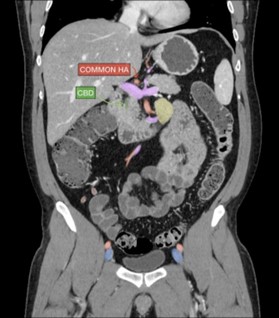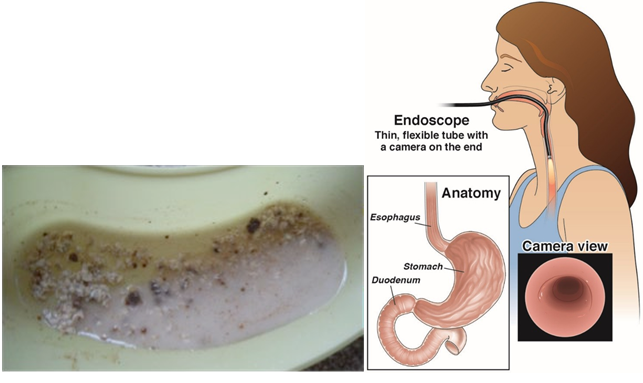A 46-year-old female patient presents to the emergency department with acute adrenal insufficiency and the following vital signs: P 118 beats/min, R 18 breaths/min, BP 83/44 mm Hg. pulse oximetry 98%. and T 98.8 F oral.
Which nursing intervention is the highest priority for this patient?
Administering furosemide (Lasix)
Replacing potassium losses
Providing isotonic fluids
Restricting sodium.
The Correct Answer is C
The patient's vital signs suggest that she is experiencing hypotension, tachycardia, and possibly dehydration due to acute adrenal insufficiency. The highest priority nursing intervention for this patient is to provide isotonic fluids to restore intravascular volume and blood pressure. This will also help to correct any electrolyte imbalances that may be present. Administering furosemide (Lasix) or replacing potassium losses may be necessary interventions, but they are not the highest priority at this time. Restricting sodium would be contraindicated in this situation as the patient is hypotensive and needs fluids to increase intravascular volume.

Nursing Test Bank
Naxlex Comprehensive Predictor Exams
Related Questions
Correct Answer is A
Explanation
"Coffee-ground" emesis is a term used to describe vomit that has the appearance of coffee grounds, which indicates that the vomit contains partially digested blood. This is a serious symptom that could be indicative of an upper gastrointestinal bleed. An endoscopy is a diagnostic test that allows healthcare providers to visually examine the upper gastrointestinal tract and identify the source of bleeding.
Barium studies and angiography are not typically used to diagnose upper gastrointestinal bleeds. Gastric analysis may be useful in other diagnostic situations, but it is not the most appropriate test for a patient with "coffee-ground" emesis.
Correct Answer is ["C","D"]
Explanation
Option A is not the best advice because drinking lots of water alone may not be enough to relieve constipation, especially if there is an obstruction.
Option B is also not accurate because not all intestinal obstructions require surgery, and the treatment approach will depend on the cause and severity of the obstruction.
Option C is accurate because a nasogastric tube can help relieve any distention caused by the obstruction by removing any gas or fluids that may have accumulated in the stomach and small intestine.
Option D is also accurate because an abdominal CT is one of the diagnostic tests that can help confirm the presence of intestinal obstruction and provide information about the location and cause of the obstruction.

Whether you are a student looking to ace your exams or a practicing nurse seeking to enhance your expertise , our nursing education contents will empower you with the confidence and competence to make a difference in the lives of patients and become a respected leader in the healthcare field.
Visit Naxlex, invest in your future and unlock endless possibilities with our unparalleled nursing education contents today
Report Wrong Answer on the Current Question
Do you disagree with the answer? If yes, what is your expected answer? Explain.
Kindly be descriptive with the issue you are facing.

